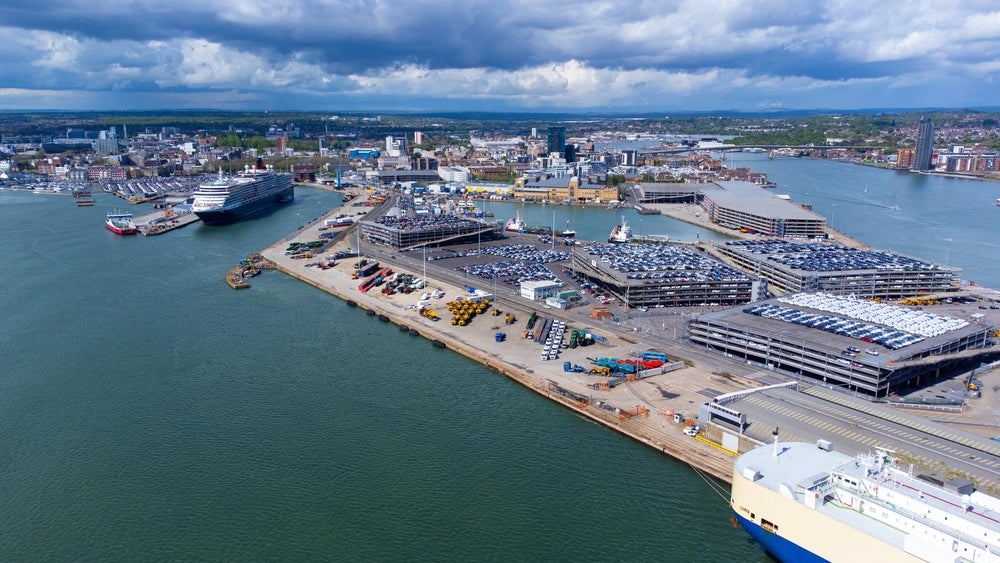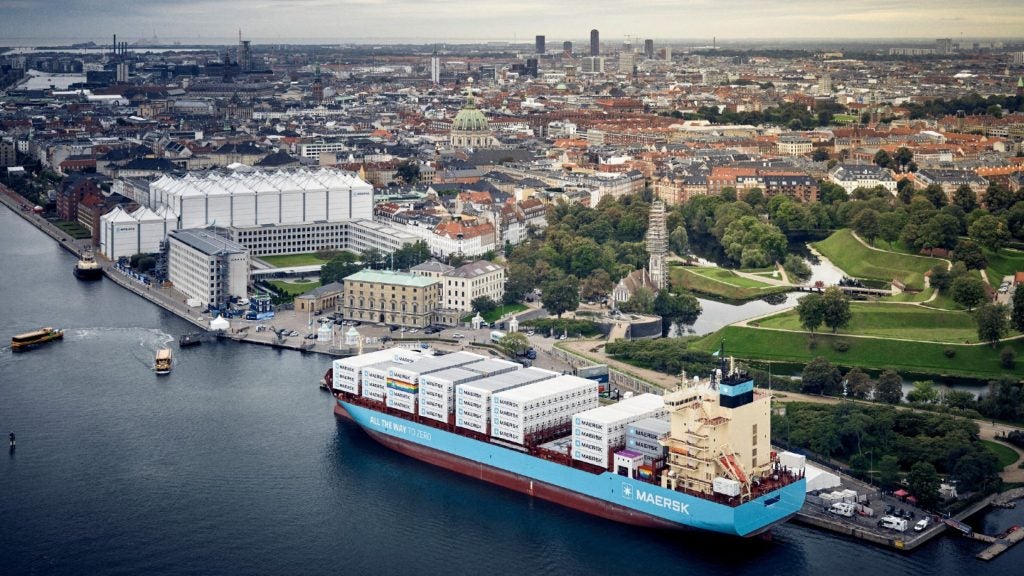
In May, Australia’s coalition government announced its intention to move “full steam ahead” with introducing a coastal shipping reform. The statement was made by Deputy Prime Minister and Minister for Infrastructure and Regional Development Warren Truss, who announced an almost complete rewriting of Australia’s maritime cabotage laws, arguing that the current legislation, introduced by Labour in 2012, “has been a disaster for the industry”.
Truss’ speech, which decried the current state of the country’s shipping business and challenged the status quo of coastal regulation, was simultaneously challenged from inside and outside the government. Hordes of protesters, with the official backing of the country’s main unions and maritime associations, voiced their fears that the new legislation endangers the lion’s share of Australian seafaring jobs and would put the remaining crews at risk of serious workplace violations.
The proposal also hit strong opposition from the country’s workers’ unions, maritime institutions and industry insiders, who warn that it will “dismantle the Australian shipping industry”.
The reform, known as the Shipping Legislation Bill 2015, was introduced in the House of Representatives and read for the first time on 25 June. The main purpose of the bill is to drastically simplify the current licensing system, effectively granting foreign ships unprecedented access to Australia’s coastal shipping market.
In his speech, Truss insisted that this change would “deliver more affordable freight costs for businesses and greater choice between shipping companies”, while ultimately bringing a revitalising change to the national shipping industry.
Truss also blamed the current legislation for many of the industry’s recent failings, citing statistics which show the country’s freight shipping volumes plummeting from 27% to just 17% of the total volume of trade between 2000 and 2012. Truss also highlighted that over the first two years since the Coastal Trading Act was enforced, there was a 63% decline in the carrying capacity of the major Australian coastal trading fleet. All these, coupled with weak forecasts for growth in the sector, call for a complete rethink of the current regulatory framework, the government insisted.
How well do you really know your competitors?
Access the most comprehensive Company Profiles on the market, powered by GlobalData. Save hours of research. Gain competitive edge.

Thank you!
Your download email will arrive shortly
Not ready to buy yet? Download a free sample
We are confident about the unique quality of our Company Profiles. However, we want you to make the most beneficial decision for your business, so we offer a free sample that you can download by submitting the below form
By GlobalDataAlthough the proposal was rejected in a recent Parliament voting session, the reform was backed by the senate committee on 14 October on the basis that “it removes impediments, leverages strengths and reduces costs, and its passage will benefit the economy greatly.”
While the bill’s trajectory through government remains under close scrutiny, what changes does it bring to Australia’s shipping landscape, and is this drastic approach the only way to achieve the much needed revitalisation?
Provisions of the bill: what would the legislation change?
The new bill aims to rename, repeal, redefine and remove the majority of the regulatory pillars of the Coastal Trading (Revitalising Australian Shipping) Act 2012, which currently enforces a fairly strict cabotage on Australia’s maritime industry, effectively ensuring domestic ships and Australian crews enjoy priority status in many areas of operation.
In essence, the key change proposed in the amendment bill aims to scrap the current, three-tiered licensing system and replace it with a single permit for both domestic and foreign registered vessels. This would allow foreign-owned ships to access and “engage in unlimited transport of passengers and goods” between Australia’s domestic ports over a twelve-month period. For the first time, the new legislation would also cover ships carrying petroleum from Australian offshore facilities to the mainland.
A particular bone of contention is that the legislation would not require foreign ships, many of them criticised for poor onboard working conditions, to abide by local regulation and manning requirements as long as their transactions in Australian waters are limited to less than 183 days of the year. This means is that foreign operators are allowed to abide by their own on-board standards within that period and could, if they so wish, employ an almost exclusively foreign crew during their time there.
The proposal states that amendments would also be made to a number of other pieces of legislation, such as the Occupational Health and Safety (Maritime Industry) Act 1993, the Australian Maritime Safety Authority Act 1990 and the Seafarers Rehabilitation and Compensation Act 1992.
It further proposes to completely remove a certain “notice in response” process that foreign ships are required to follow. Under this provision, all domestic vessels with a general licence would have to expressedly announce their availability before any foreign ship is granted a temporary licence to enrol on any voyage.
The great divide over jobs and wages
The consequences of this aggressive deregulation could be disastrous, many have warned.
The biggest red flag came from The Australian Institute (TAI) in August, which stated, in a report titled Shipwrecked, that the policy change would enable the loss of 1,089 Australian seafarer jobs, or 93% of the current workforce. According to TAI’s estimations, only 88 Australian seafarer jobs would remain in place throughout the industry.
Former deputy prime minister Anthony Albanese expressed his unreserved criticism of the bill, calling it a “unilateral economic disarmament” in his second reading speech.
“This legislation is about replacing the Australian flag flying off the back of ships with the white flag on Australian jobs,” he said. “It will destroy Australian jobs, damaging the economy. Under this legislation, if you are an Australian shipping company, your business interests are about to be sold out to the lowest bidder. If you are an Australian mariner – a worker honestly going about your job – your job security is about to be terminated. Terminated with extreme ideological prejudice.”
Bringing his contribution to the House of Representatives, Labor MP Chris Hayes was equally outspoken, saying: “If this legislation is passed, the inevitable result will be the closure of Australian businesses that own and operate Australian ships, as a consequence of unfair trading from foreign flagged vessels.”
“We are going to contract out to other nations the ability to operate our coastal run. We will become dependent on someone else to do our work under this legislation,” he said, also pointing out that Australia currently has the highest unemployment rate since the global financial crisis.
Beyond the en-masse loss of jobs, other pitfalls include the diluting of domestic skills in the industry and a dangerous exposure to unfair wages and unlawful practices aboard foreign ships.
Shipping Australia Limited meanwhile, sided with the government and stated that “contrary to the claims made by some groups, more coastal shipping will provide more opportunities for Australians to work in the maritime sector both at sea and on the waterfront.” It greeted the bill’s passing through Senate as “a victory for common sense”.
Is there an alternative?
Even the most vocal opponents of the current legislation admit that a shipping reform is needed. Given that Australia enjoys the world’s fifth largest shipping task positioned across a long coast, it should undoubtedly be faring better.
At the moment, the reality is that freight-forwarding by sea in Australia lacks competitiveness: the extra cost for Australian businesses using an Australian vessel stands at about $5m a year more compared to using a foreign vessel. As Truss pointed out, “it is cheaper to ship sugar from Thailand to Australia than it is to ship Australian sugar around our own coastline.”
However, Maritime Industry Australia (MIAL) suggested coming up with “a more moderate proposal to improve the system rather than abolish it”. While the organisation supports some aspects of the Shipping Bill, it brought forward its own suggestions, stating that “the majority of the […] impediments to coastal shipping are actually issues associated with the Fair Work Act application and customs treatment of vessels”, as opposed to the Coastal Act as a whole.
As a result, in its submission response to the bill, MIAL put forward a set of more temperate legislative changes, such as refining the structures already in place so that Australian businesses can capitalise, removing the application of the Fair Work Act to foreign ships with foreign crews and amending the Coastal Trading Act to allow it to function more efficiently.
Next steps: will the bill turn into law?
Despite the outspoken opposition, the bill has passed with relative ease through Parliament. The recent backing received from the Rural, Regional Affairs and Transport senate committee marked an important step forward, although in its report, the senate committee advised clarifying the effects of the bill on operations of cruise ships. A third reading is expected in Senate, although a date has not yet been settled.
Analysis by the Australian branch of international law firm Ashurst published in June explains that “whether the government is able to pass the amendment bill will likely depend on whether the government can attract the support of the minor party and independent senators.” At the moment, the bill still faces strong opposition from both the Labor and the Green parties.
Nonetheless, Ashurst’s report concludes that both industry stakeholders and shippers involved in the Australian coastal trade should “be prepared to respond to what will be a fundamentally different cabotage regime should the amendment bill be passed”.






